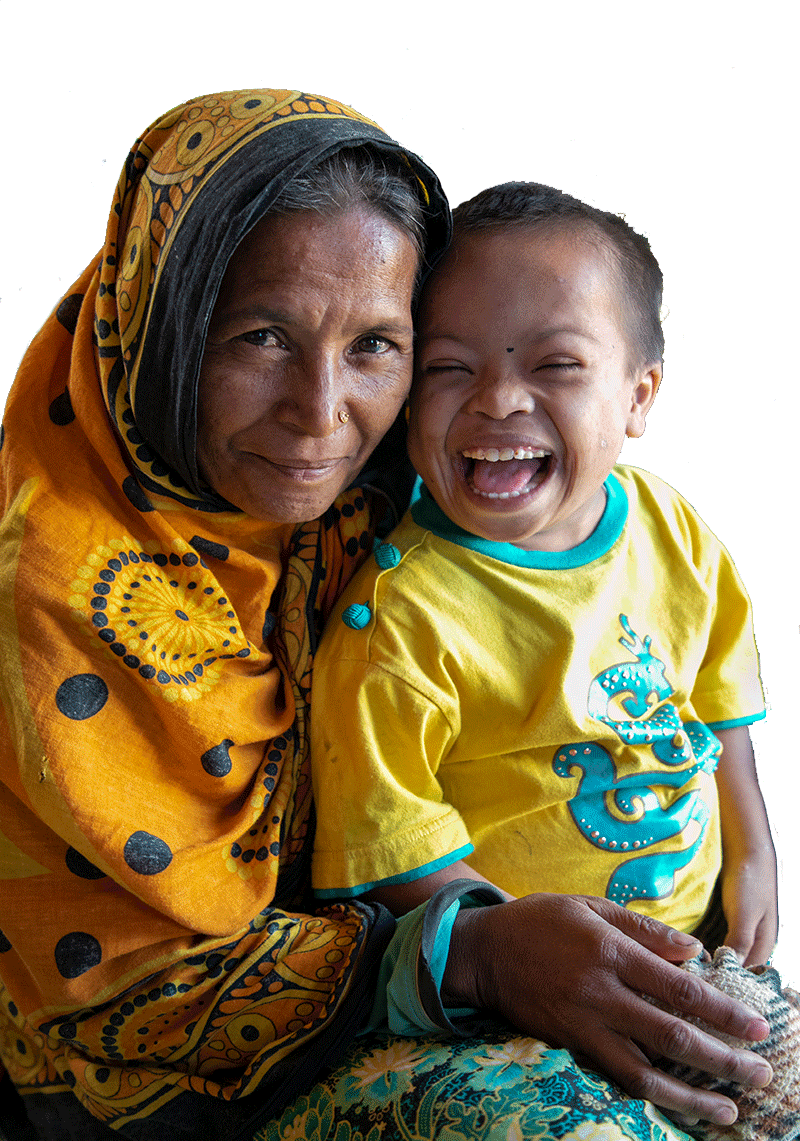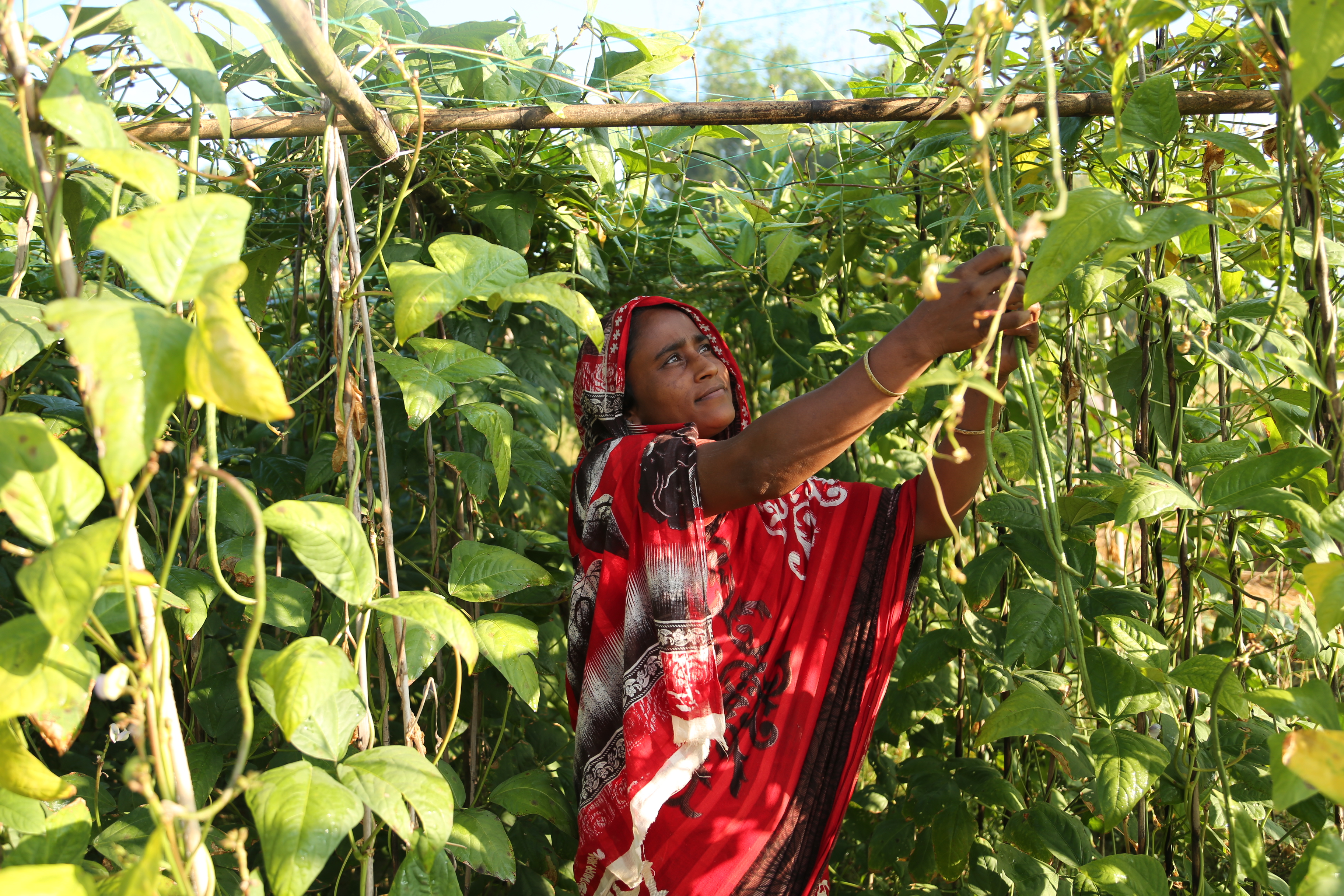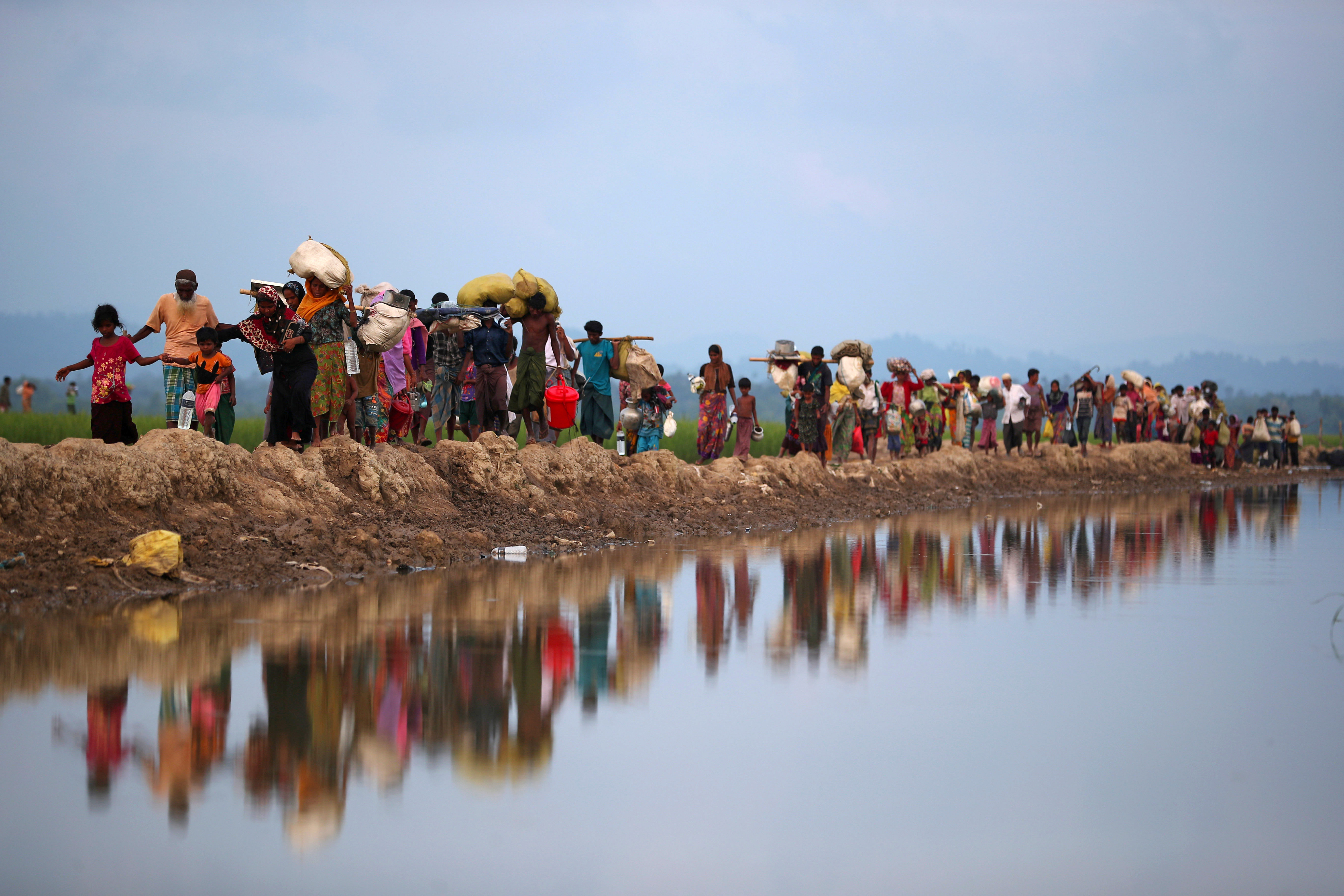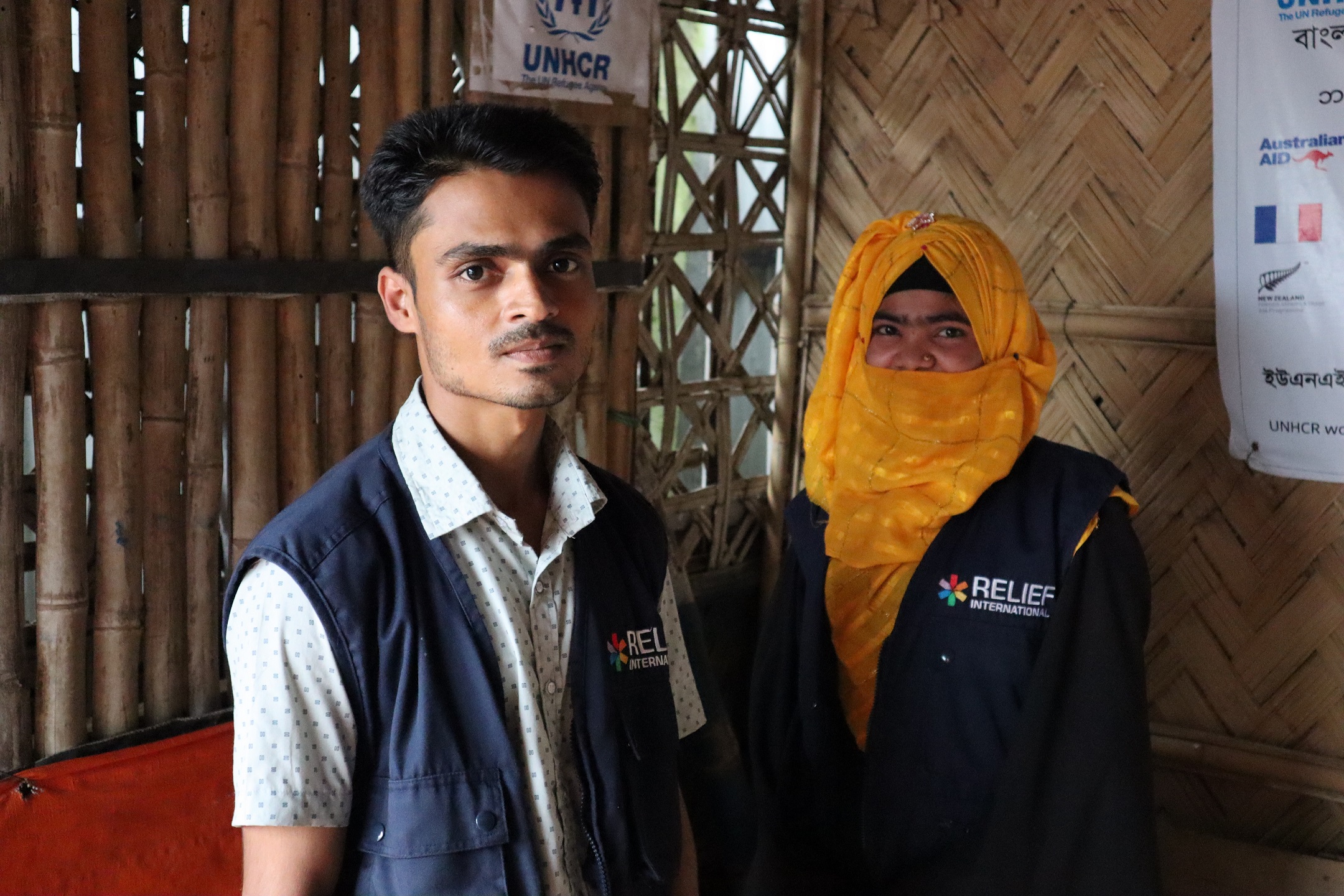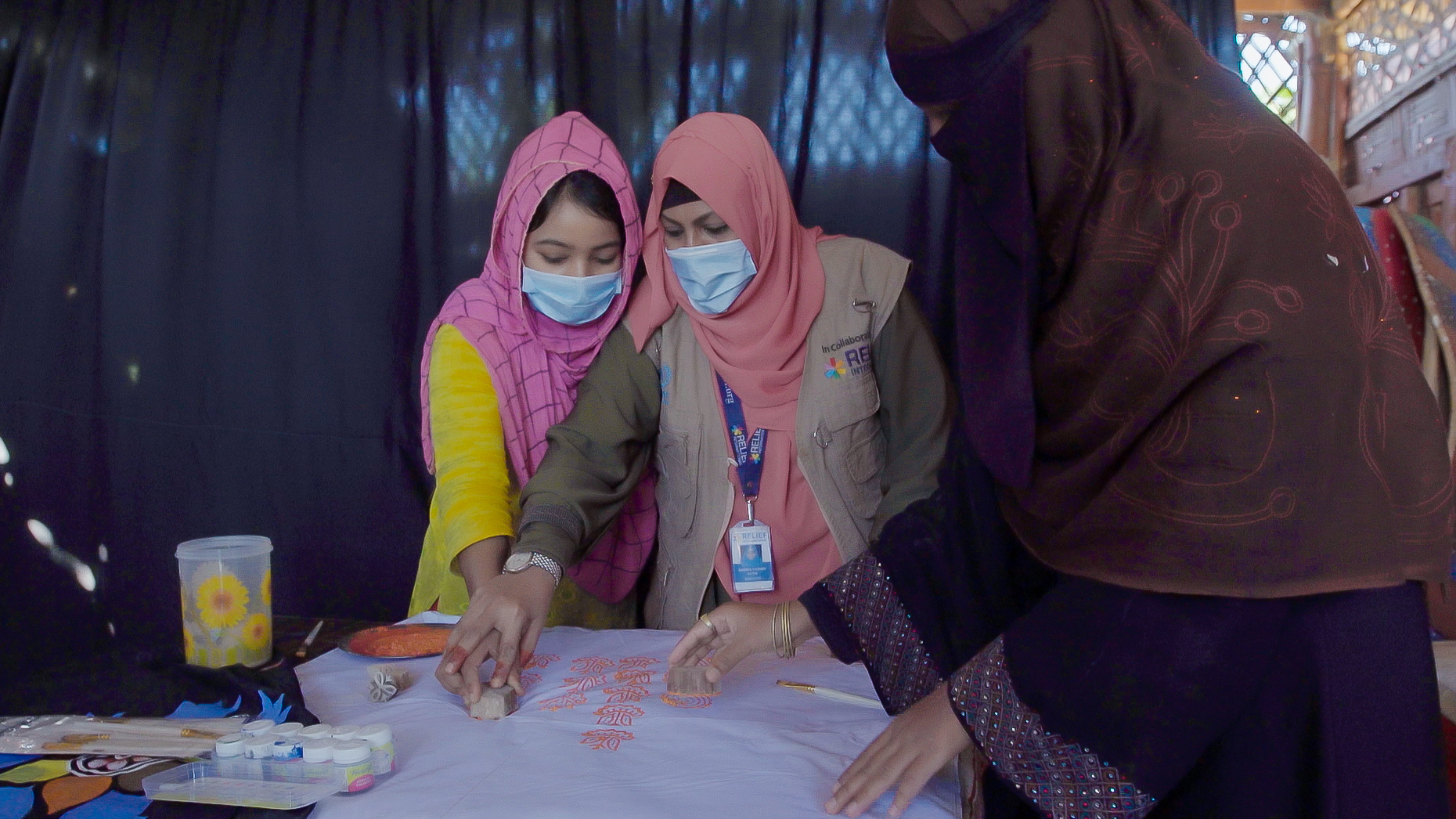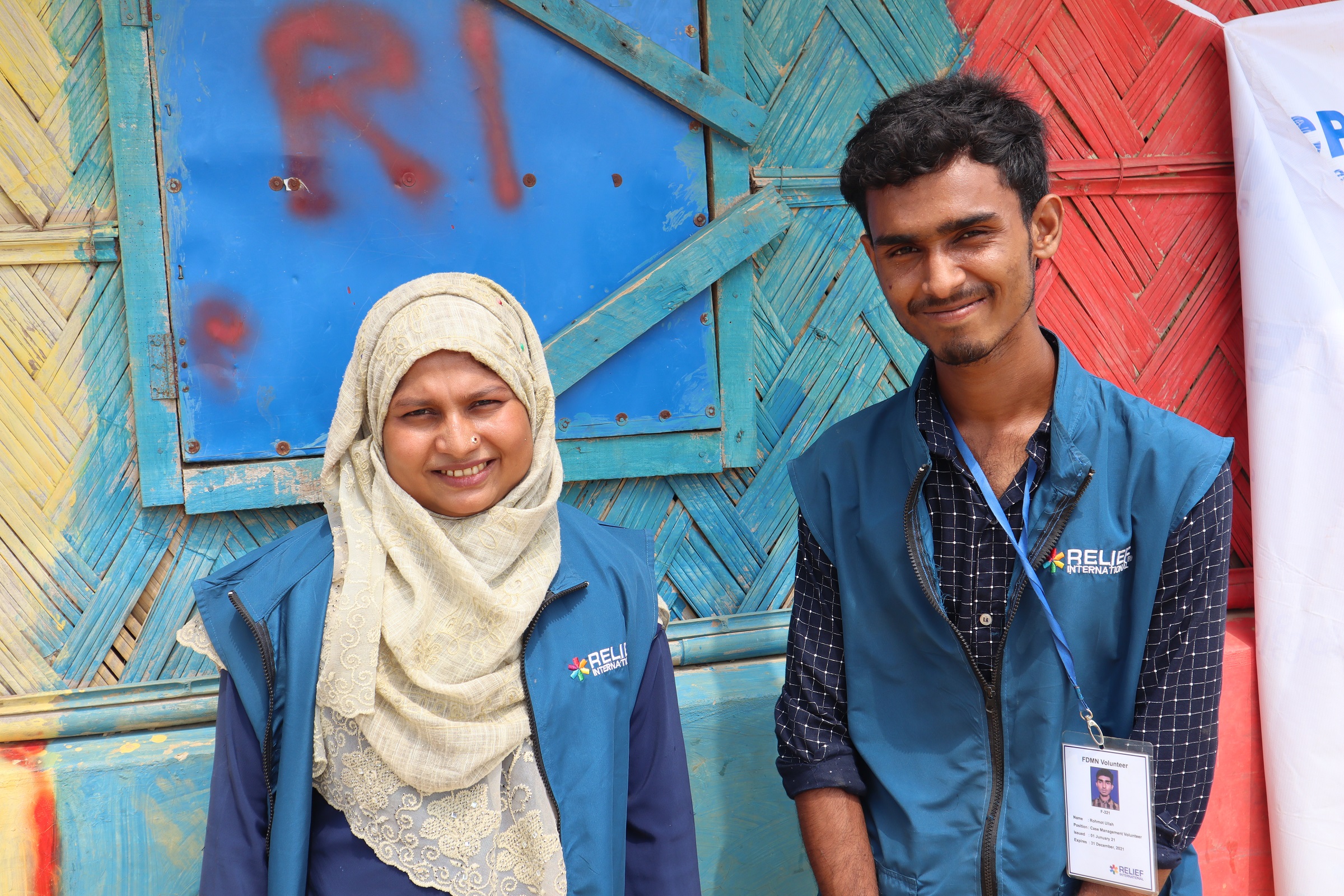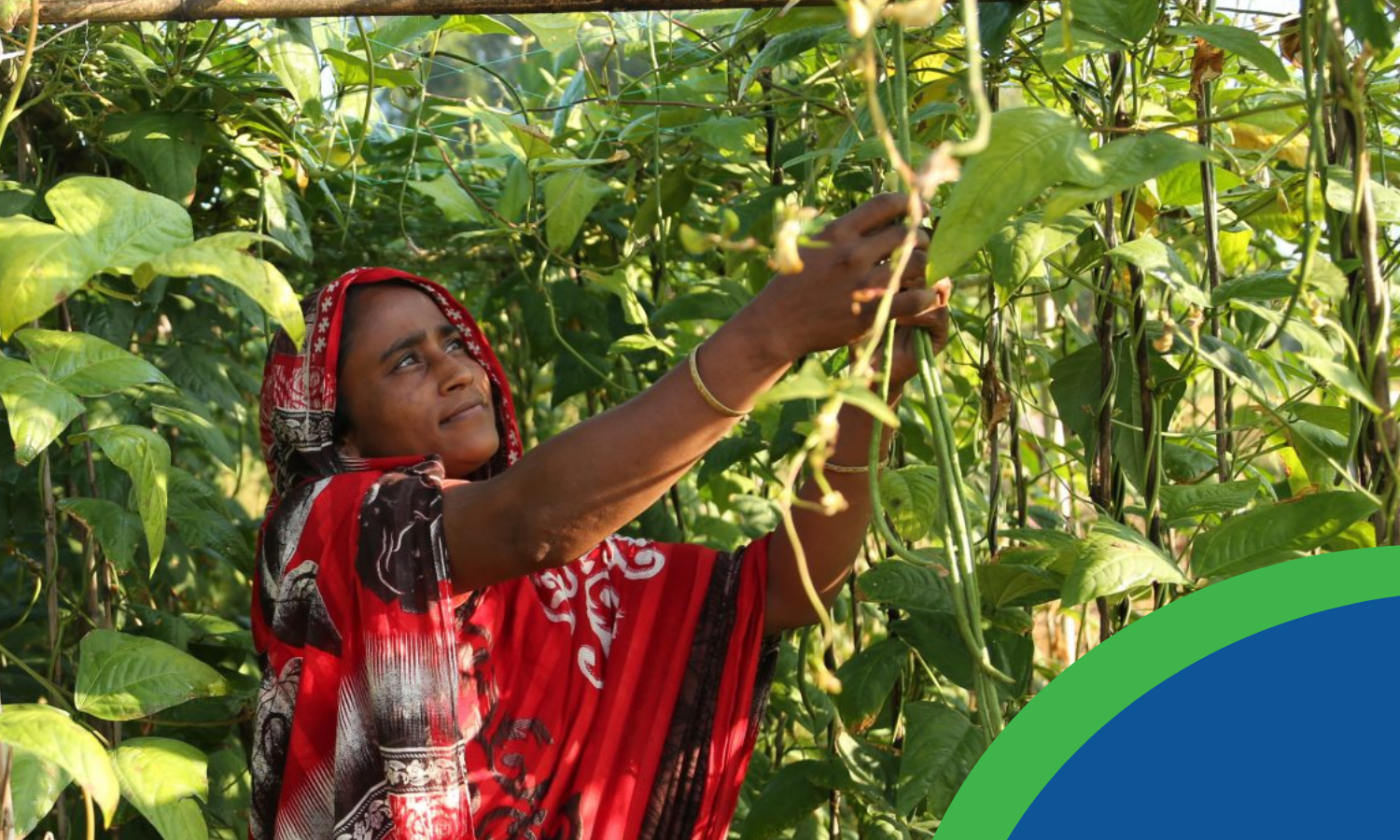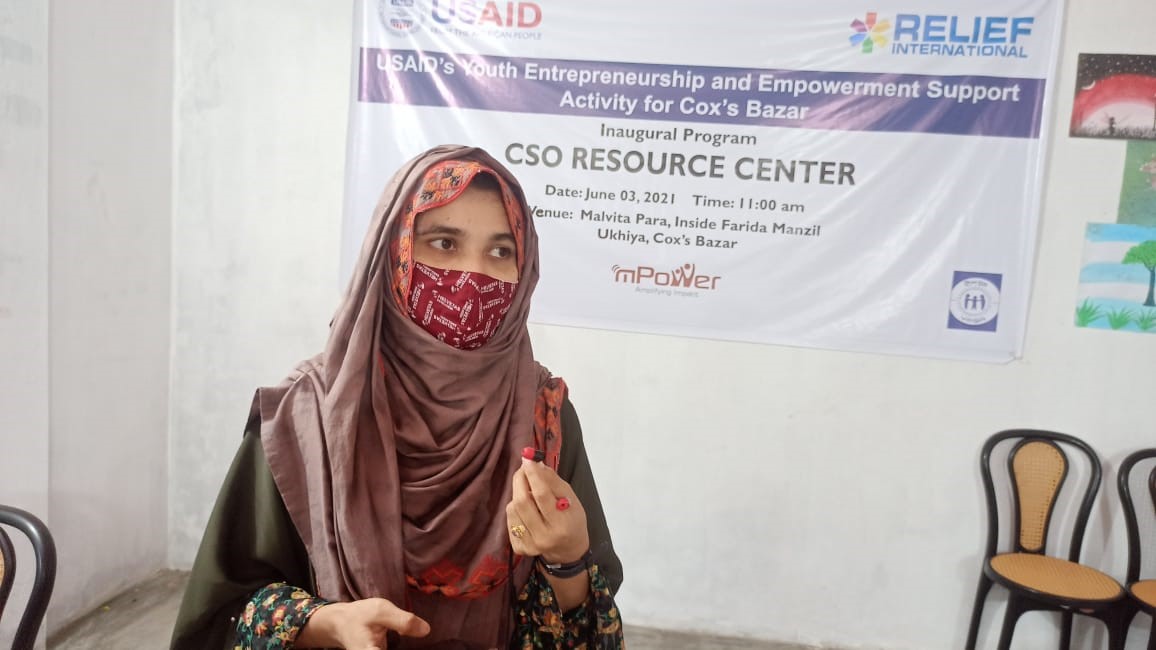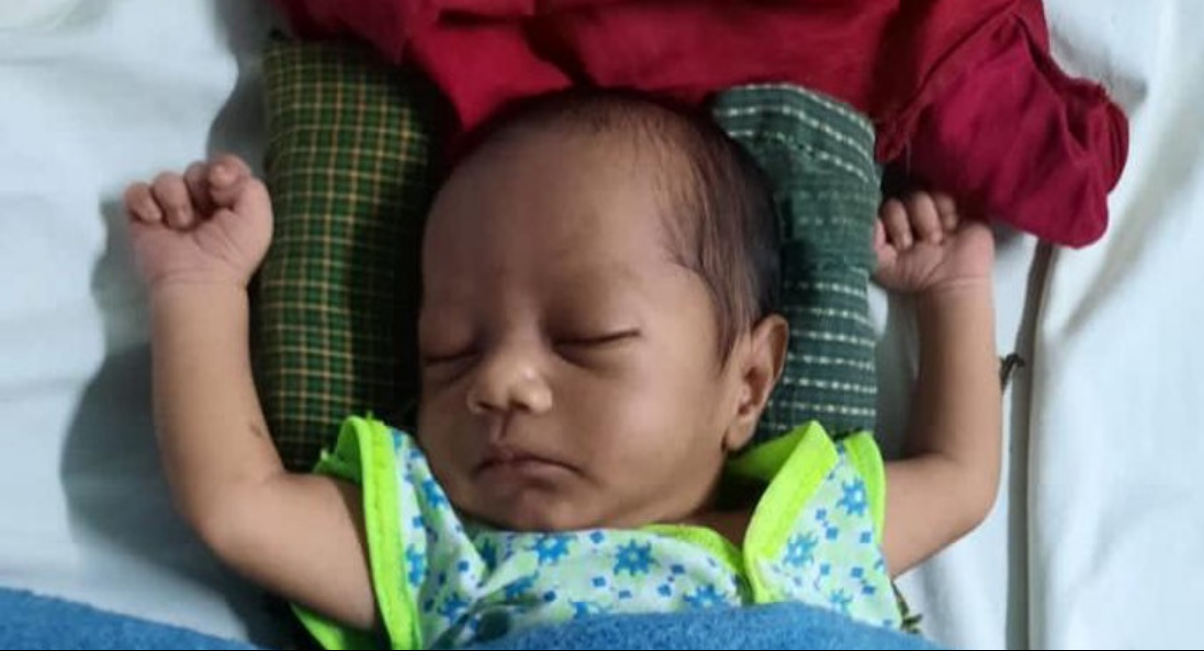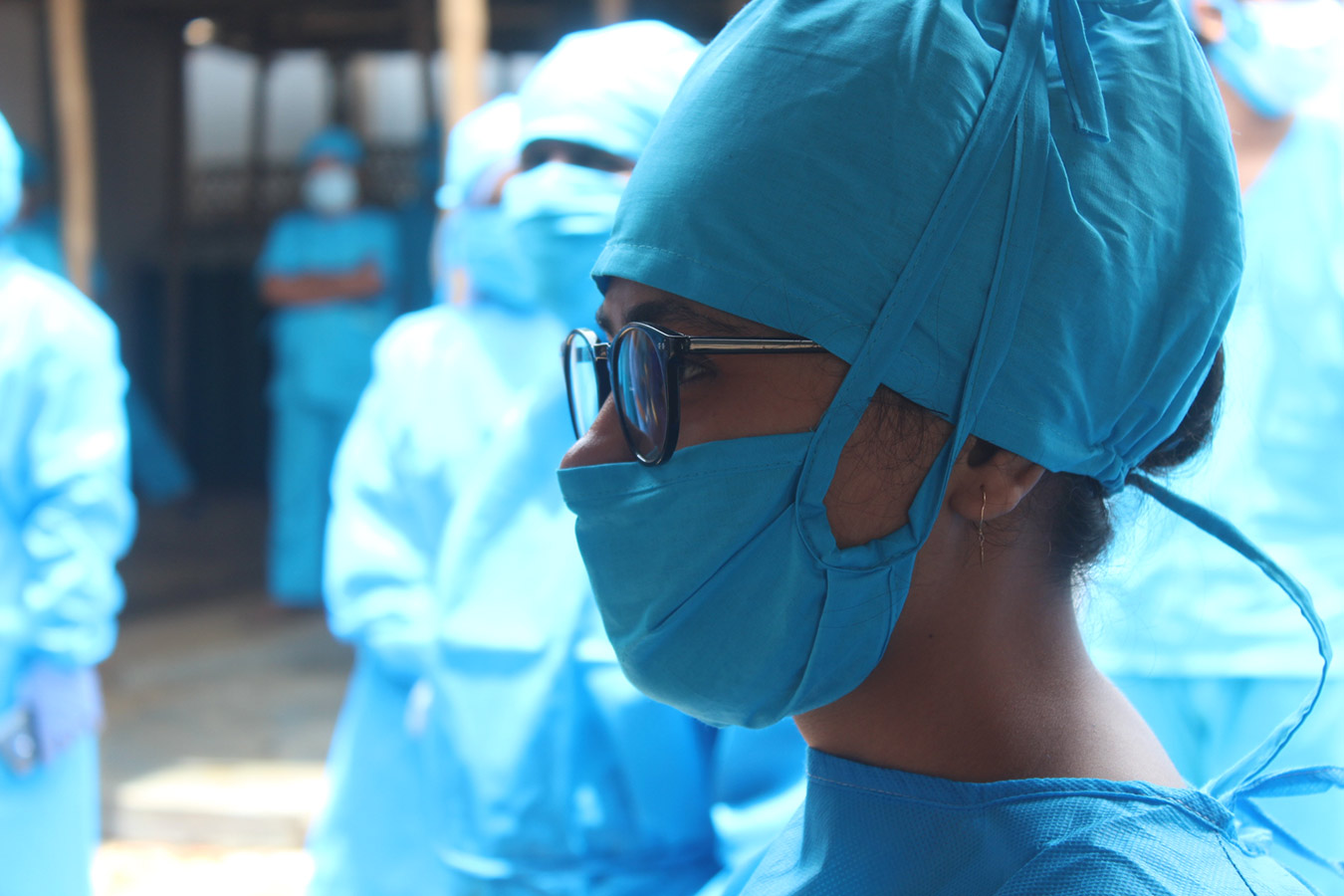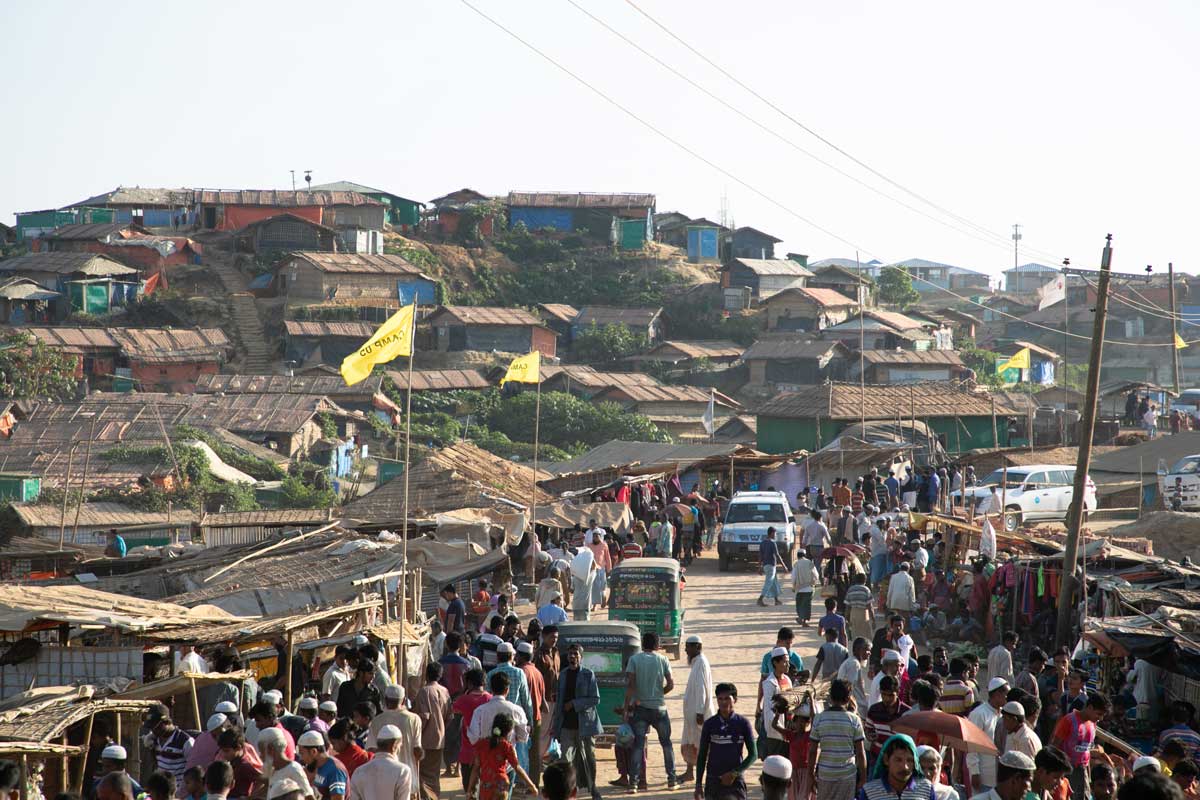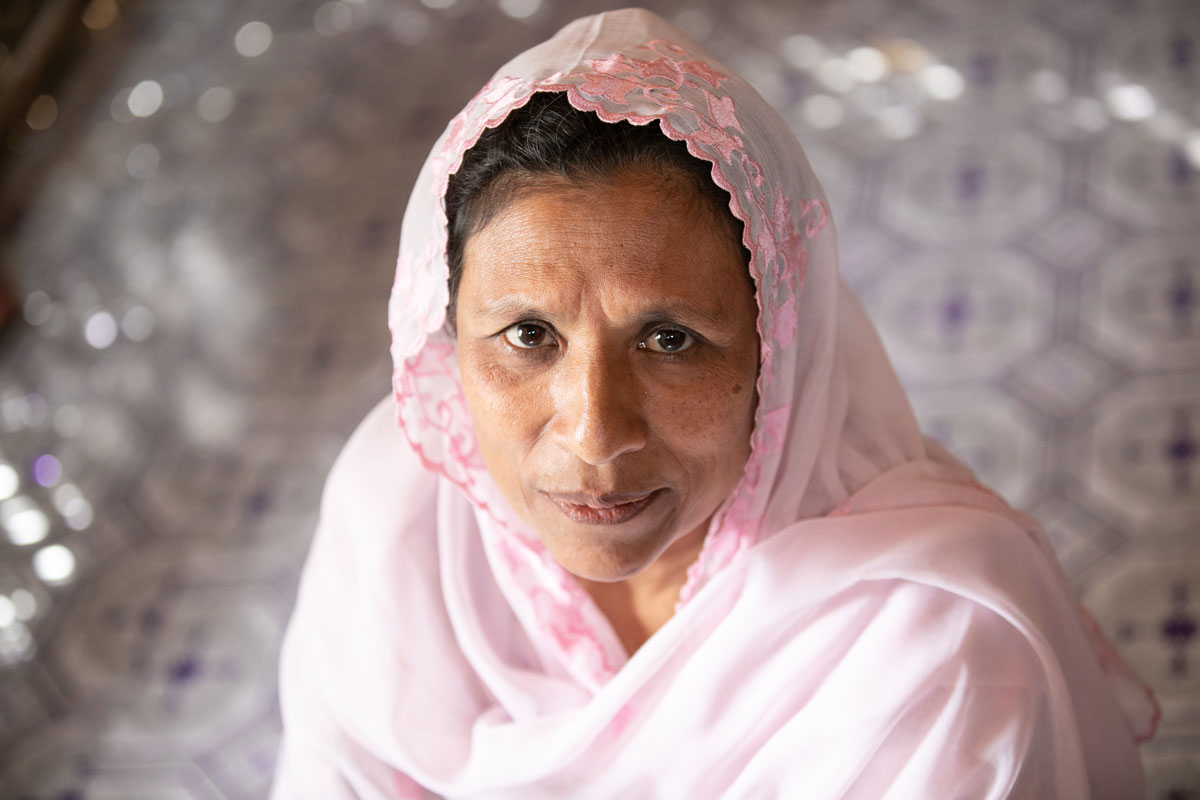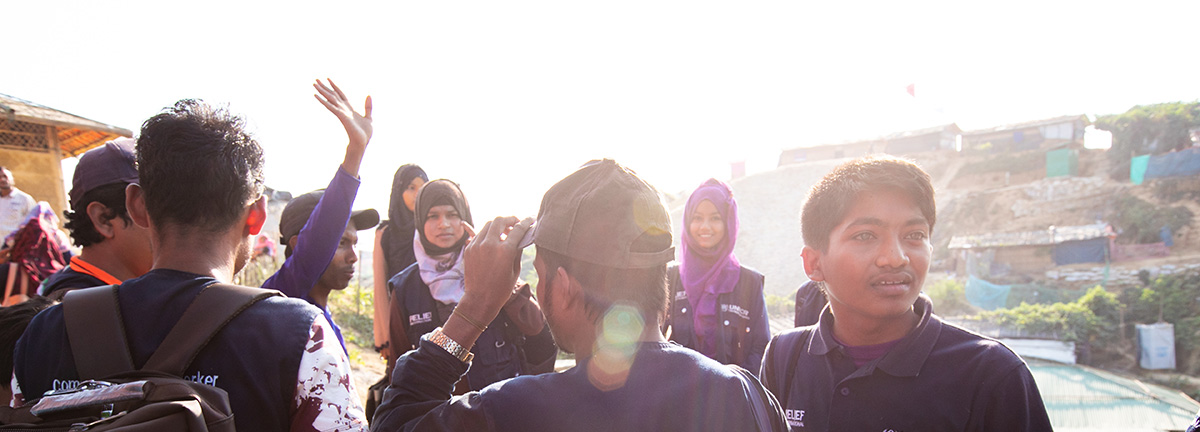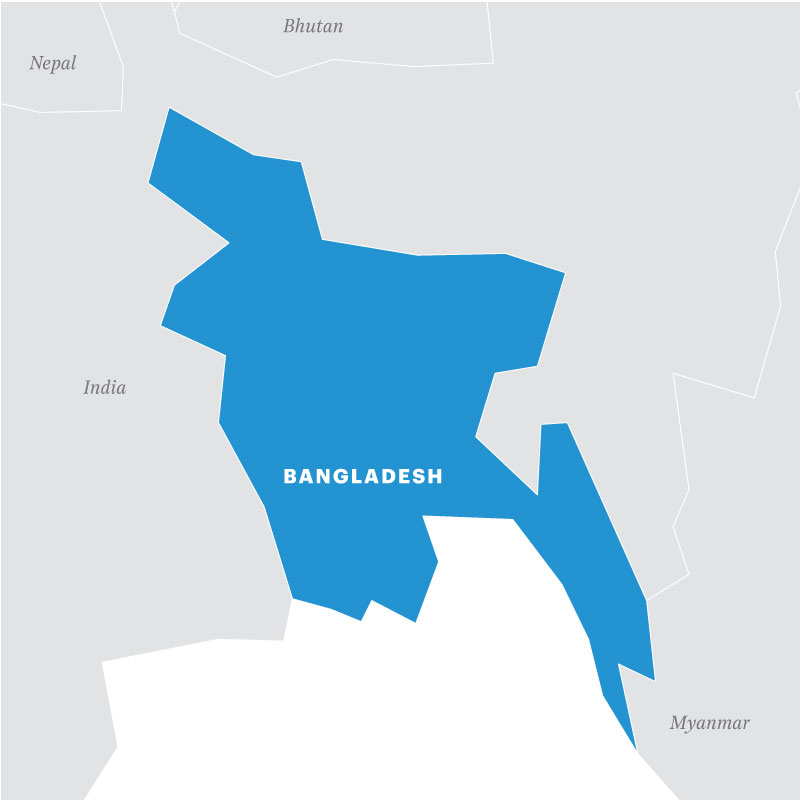
Overview
By most indicators, Bangladesh is on track to overcome aspects of its own fragility. However, the country’s path towards sustainable development is not without its challenges – including frequent natural disasters, gender inequality, and hostilities between host communities and refugees, whose numbers continue to rise after the large influx since August 2017. To date, nearly 1 million Rohingya refugees have moved across the border into Cox’s Bazar district after fleeing persecution in Myanmar’s Rakhine State. The sheer scale of the Rohingya refugee protracted crisis threatens to reverse the country’s development gains, plunging Rohingya refugees and the surrounding Bangladeshi communities into extreme poverty.
As a low-lying country along the Bay of Bengal, Bangladesh is at the forefront of the climate crisis and is routinely ravaged by heavy monsoon rains, landslides, and tropical cyclones. Yet, despite these attempts to derail the country’s progress, Bangladesh has made major strides towards development and poverty reduction since the country became independent in 1971.
However, pockets of fragility continue to exist throughout the country. Nearly 1 million Rohingya refugees are living in dire conditions in Cox’s Bazar District camps (Ukhiya and Teknaf), the world’s largest refugee camps. Overcrowding in the densely populated camps puts residents at greater risk for disease, crime, gender-based violence (GBV), risk of exploitation and abuse, and human trafficking especially for children, women and people with disabilities. These settlements, which are clustered along Bangladesh’s coastline, are also prone to natural disasters such as floods during Bangladesh’s monsoon season (June-October), and massive fires during dry season (November-March).
Despite the considerable number of international aid organizations and local nonprofits responding to the crisis, the needs of both the Rohingya refugees and the Bangladeshi host communities remain vast.
Relief International is not currently active in Bangladesh, but between 2004 and 2023, our programs tackled widespread poverty at a time when Bangladesh’s economic growth had fallen to historic lows. Our programs and teams were focused on rebuilding livelihoods in the Sundarban Mangrove Zone, an ecologically critical region, as well as supporting communities in over 20 districts across southwestern and northern Bangladesh to ensure gender rights, access to health care and education, and to combat unsafe migration and human trafficking.
In the wake of the Rohingya crisis, between 2017 and 2023 we expanded our programs to meet the most urgent needs of refugees and surrounding Bangladeshi host communities.
Our work applied a community-driven approach, bridging gaps in access to essential services and building resilience within target communities and populations in Cox’s Bazar:
- Providing high-quality healthcare services (Including COVID-19, MHPSS and Nutrition services) to Rohingya refugees in Cox’s Bazar District refugee camps and to members of the neighboring Bangladeshi host communities.
- Training Rohingya and Host Community Health Workers to detect outbreaks of disease in their communities before these cases spread and reach our clinics.
- Preventing, mitigating, and responding to gender-based violence, with 11 dedicated spaces that have programming for women, girls, men and boys to encourage a life free of violence.
- Encouraging the protection and safety of children in the camps’ area, through a variety of programming for children in our 18 multi-purpose centres
- Working with local farmers’ groups to improve their production techniques, to increase yields, and to establish market linkages between farmers, retailers, and the refugees in the camps.
- Setting up youth development centres in the district that provide IT training, job skills training, and connections with local employers for unemployed youth, to foster social cohesion, and create sustainable, market-oriented livelihood opportunities.
- Delivering health and protection services and critical supplies of water, shelter, and hygiene kits in the event of emergencies such as landslides, monsoons, floods, fires and cyclones.
- Strengthening disaster management planning, technical capacity, and public awareness on Disaster Risk Reduction (DRR) and emergency preparedness. Along with enhancing risk management capacity and supporting immediate risk mitigation of water-borne disease through improved access to clean and safe water, hygiene promotion, and distribution of water, sanitation and hygiene (WASH) Non-Food Items (NFIs).
- Promoting a sense of place and connection to bring the community together to understand and address environmental issues adversely affecting the mangrove forest in southwestern Bangladesh.
Make a difference today
With a gift to Relief International, you can help deliver safe drinking water. You can help provide healthcare to displaced families, far from home. You can help ensure girls and boys alike receive an education, which in turn creates paths towards employment. This all starts with you.
